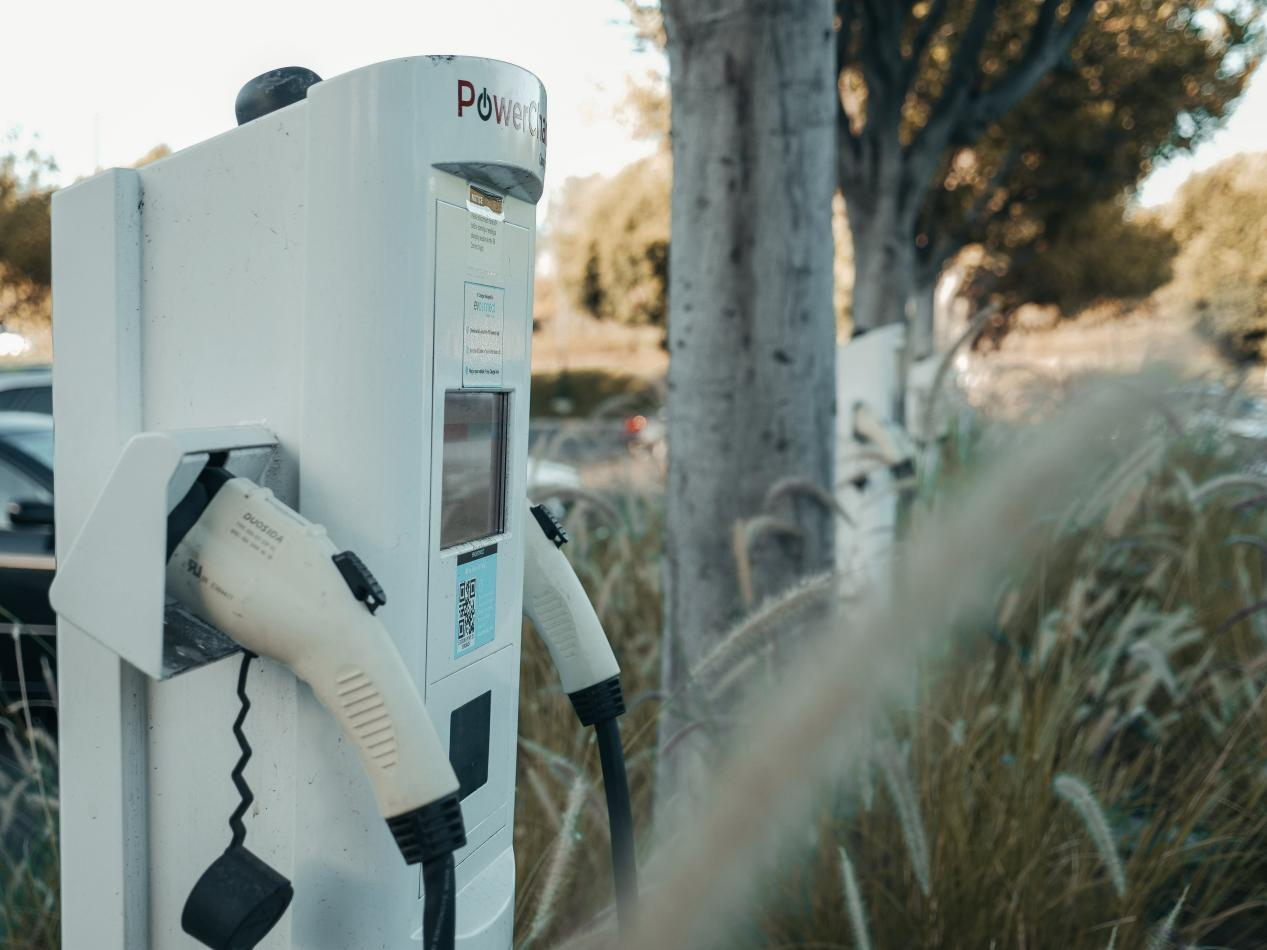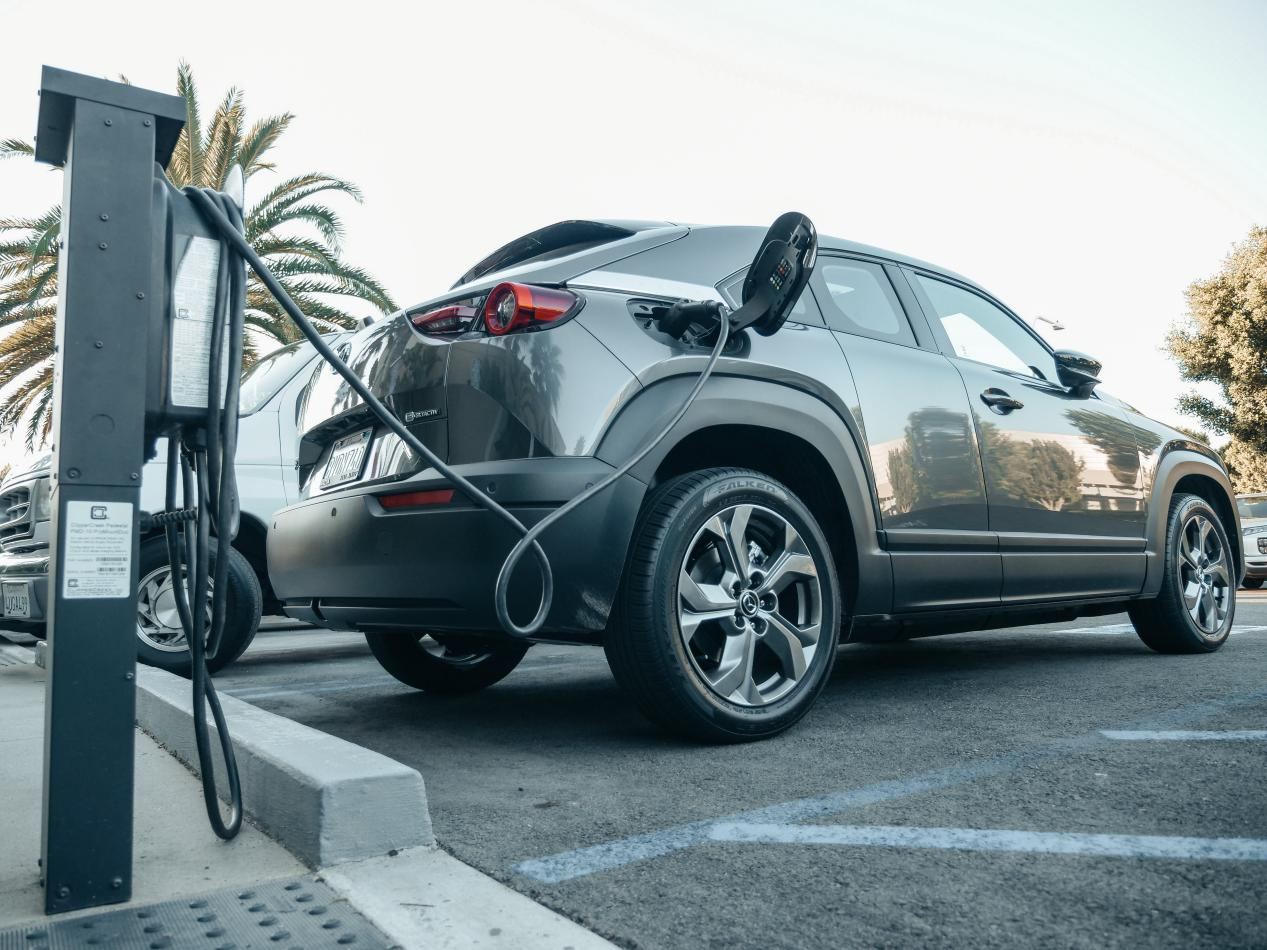Nigeria, the most populous country in Africa and the sixth globally, has set its sights on promoting electric mobility and reducing emissions. With a population projected to reach 375 million by 2050, the country recognizes the urgent need to address its transportation sector, which has historically accounted for a significant portion of CO2 emissions.
In 2021 alone, Nigeria emitted a staggering 136,986,780 metric tons of carbon, solidifying its position as Africa’s top emitter. To combat this issue, the Nigerian government has unveiled its Energy Transition Plan (ETP), which proposes a 10% biofuel blend by 2030 and aims for complete electrification of vehicles by 2060.
The removal of fuel subsidies has become a driving force behind the development of electric mobility in Nigeria. This move is expected to stimulate the demand for electric vehicles and accelerate the transition away from petroleum-powered transportation. Experts believe that electric vehicles, with their zero carbon emissions, hold great promise for building sustainable cities and curbing pollution.
Lagos, Nigeria’s most populous city and a global megacity, has also joined the race toward decarbonization. The Lagos Metropolitan Transport Authority has launched initiatives to develop electric buses, charging infrastructure, and service points. Governor Babajide Sanwo-Olu recently unveiled the first fleet of electric buses, signaling the city’s commitment to transforming into a smart and sustainable urban center.
In addition to larger public transportation vehicles, two-wheel electric vehicles, such as bikes and scooters powered by lithium batteries, are being explored as a means to address environmental challenges, particularly air pollution. These micro-mobility options can be shared and rented, further enhancing the accessibility of clean transportation.
Private enterprises are also making strides in Nigeria’s electric mobility landscape. Sterling Bank, for instance, recently inaugurated the country’s first publicly accessible electric vehicle charging station in Lagos. This initiative, named Qore, aims to provide affordable and cleaner transportation alternatives to replace traditional petroleum and diesel-powered vehicles.
However, several challenges lie ahead in the widespread adoption of electric mobility in Nigeria. Financing remains a significant hurdle, along with a lack of awareness, advocacy, and charging infrastructure. Overcoming these obstacles will require subsidies, increased supply, and an improved business environment. Installing charging infrastructure, establishing battery recycling centers, and providing incentives for renewable energy-based electric mobility are also crucial steps.
To foster the growth of electric mobility, Nigeria must prioritize the development of adequate infrastructure. This includes the integration of micro-mobility options into road design, such as scooter lanes and pedestrian pathways. Moreover, the establishment of a solar grid to power transportation, charging stations, and public electric vehicles can further bolster the transition towards sustainable mobility.
Overall, Nigeria’s commitment to promoting electric mobility and reducing emissions is commendable. The Energy Transition Plan’s ambitious targets, coupled with government and private sector initiatives, hold the potential to transform Nigeria’s transportation sector and contribute to sustainable urban development. While challenges persist, stakeholders remain optimistic about the future of electric mobility in Nigeria and its positive impact on the environment.
Lesley
Sichuan Green Science & Technology Ltd., Co.
0086 19158819659
Post time: Jan-05-2024






